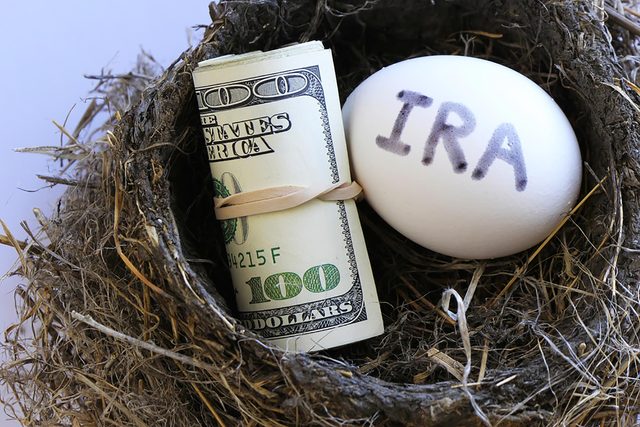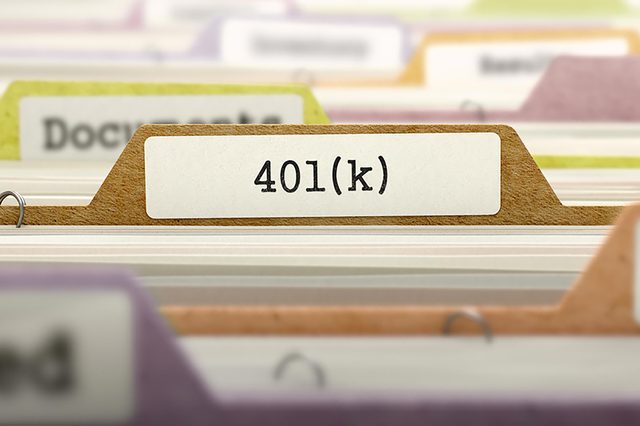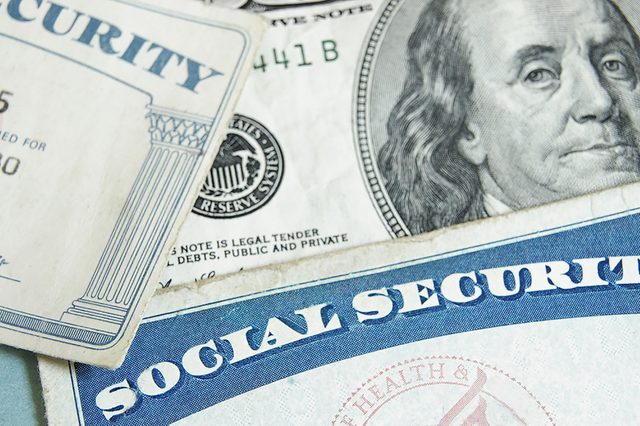
Not going for the max
What you contribute annually to your IRA is paramount to how much you will have in your nest egg, later on. It may be better to feel a slight sting each year, than a huge pain, after you retire. “Back when I opened my first Individual Retirement Account (IRA) in March 1983, I wasn’t particularly diligent about maxing out my annual contributions. So when I’d begin working on my income taxes each year, I’d look at my bank accounts to see how much I could afford to contribute to my IRA. The maximum annual contribution back then was $2,000 per year; but I often contributed only half that amount. I now know that underfunding my IRA by $1,000 per year for 31 years (assuming an average annual return of 6.9 percent from an IRA invested in an S&P 500 index mutual fund) meant $100,180 less in my retirement kitty at the age of 62! If I’d realized how much it would ultimately cost me to underfund my IRA, I’d have figured a way to come up with that extra $1,000 annually. After all, how many retirees can give up $100,000 in retirement?” says Timothy G. Wiedman. D.B.A., PHR, SHRM-CP, retired associate professor of Management & Human Resources at Doane University in Crete, Nebraska.

Touching their 401Ks
Life is full of surprises, and not all of them are pleasant. Even if you’ve been diligent about saving, you may find yourself up against large medical bills, or lost employment. Even so, dipping into your retirement fund is bound to hurt even worse, in the long run. Take it from retiree Dave Bernard, a contributor to U.S. News & World Report’s “On Retirement” blog. “The one thing I wish I knew then I know now: Never touch your retirement savings accounts, no matter how tempting. I cashed out 401k accounts numerous times with job changes, and sacrificed the increases that could have made a significant impact on my retirement lifestyle,” he explains. Find out the ten best places in America to retire.

Giving into fear
Throwing caution to the wind is not a great strategy for retirement saving, but neither is visualizing yourself living under a bridge and living in fear. “Fear of running out of money after retirement is natural, and quite common. But, it is a very unlikely occurrence. If you have planned, and invested well enough to consider retirement, then you already have the proper skills to make what you have be sufficient. Your expenses are largely under your control, and your lifestyle can be adjusted, to match your income. Once you retire, you will find that experiences are much more important than things,” shares Bob Lowry, who writes about his post-retirement adventures at the A Satisfying Retirement blog.

Not understanding the magic of compounding interest earlier
Retiree Akaisha Kaderli, who blogs about the joys of early retirement, along with husband Billy, regrets being in the dark about compounding, earlier in her life. “I wish I would have known about the power of compounding when I was ten years old. I would have saved aggressively, and with purpose. I wish I would have known that ordinary people like you and me could become financially independent. One does not have to be born into it, nor does one have to be a movie star, a rock star or a sports figure. This goal is achievable, and had I known about compounding when I was young, it would have placed me square into this path of financial freedom at an earlier age,” she shares. Billy, of course, agrees. “We retired at the age of 38, because we built a foundation on which our finances could grow. We learned about no-load mutual funds, and index investing, then let the power of compounding work for us. My advice to everyone is to start investing in the financial markets as young as possible using VTI, Vanguard Total Stock Market Index. Time is on your side. Use the power of compounding. Create a retirement account outside your company’s provided retirement accounts, and outside Social Security for your future, and you, too, can become financially independent,” he adds.

Not diversifying investments
Leave it to a military man to tell you that you need to map out your retirement early. “Save for retirement, start early (when you start to work), and diversify your investments so you will have multiple sources of income, says Norman S. Nuzzi, retired U.S. Army Lieutenant Colonel, who stresses the need to have a long-term plan for retirement, which includes physical and mental wellness, as well as financial solvency. “Keeping active, mentally and physically, as well as monetarily, is critical to longevity, peace of mind, and enjoying your retirement. This triple-pronged plan should be thought through long in advance, so you know how much you will need to save, and where you must spend that money,” he adds. Make sure to avoid these common money mistakes once you do retire.

Supporting the kids for too long
As difficult (or painful) as it might be, it’s OK to say no to your children when they need to “borrow” money for a major purchase, such as a car, wedding, or house. “As a single mom, it was incredibly hard to put anything away while my kids were growing up. I want nothing more than to give them down payments on their own homes someday, but I also know that if I do, I’ll wind up in dire straights financially. It’s not selfish to keep the money you made your whole life for yourself if you need it to live on, as you age,” says retired teacher Marjorie Lerner, who enjoys spending money on her brand new grandchild.

Monetize your home earlier
Your property is an asset you may be able to monetize, the way retiree, John Yates, did. Yates learned that earning extra money to stow away for retirement doesn’t necessarily mean taking on a side job. “There are a lot of empty nesters out there like me who own a home and have unused space that they can rent out to a long-term housemate. By leveraging your home this way, you can make some extra money every month that can go toward your nest egg, your housing costs or your living expenses. Plus, you’ll probably find that it’s nice to have the company. “I used an online service called Silvernest to find my housemate, and it’s worked out great financially, and socially, for both of us,” he says.

Social Security—not so much
Many people believe that Social Security is a money panacea, but of course, that isn’t so. The money you contributed into the system during your entire working life may feel like a lot when it’s being taken out of your paycheck, but it won’t translate into much if it is your only source of income later on. “I would look at that deduction every month and think wow, I can’t believe how much is being taken out,” confides Elaine Suskowitch, a retiree who was widowed young, and took reduced benefits at age 62. Social Security has a quick calculator you can use, which will help you determine your benefits, and its an eye-opener. It may be tempting to quit the workforce early, but waiting until you are 70 to collect can make a huge difference to your bottom line. Even so, the benefits will not typically be enough for you to live on, and should not be your sole retirement plan. According to a Japanese doctor, this is the best age to retire.

Failing to realize little amounts can add up to big amounts
Do you really need those shoes, or dinner out again this week? Saving small amounts weekly can add up, but it usually requires some willpower around saving. “When I look back now, there were so many things I wasted my money on. I sure wish I could get the money back from all the hardcover books I bought, and the extra suits I rarely (or never) wore,” says Harry Stoakes, a retired fashion executive. Stoakes loved going out on the town, and indulging in hobbies, ranging from voracious reading, to collecting fine art. “I earned a great salary, but hardly saved anything at all, after my divorce. I calculated it recently, and if I had just used the library instead of buying new, hardcover books, I would have saved close to $9,000. That was a big-time ouch,” he says. Here are seven ways to read books for free online.
